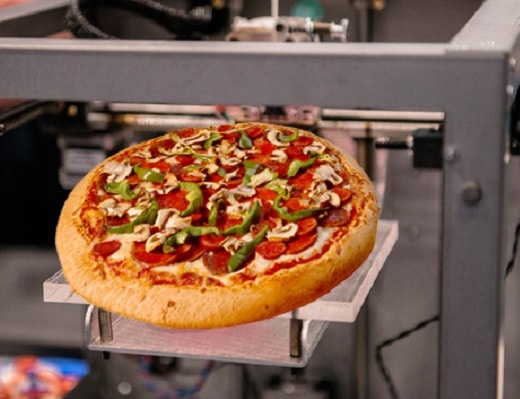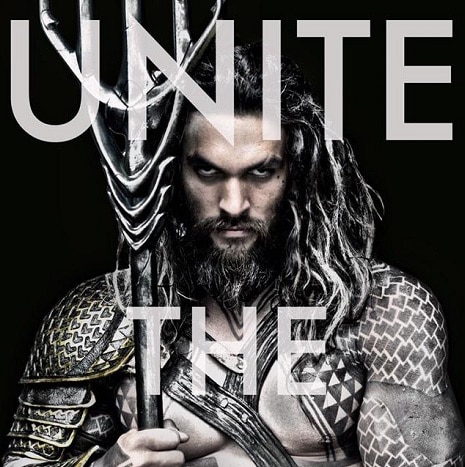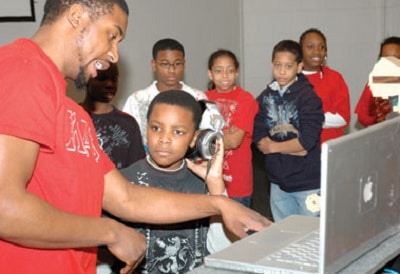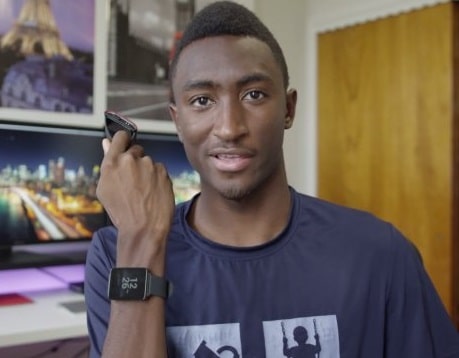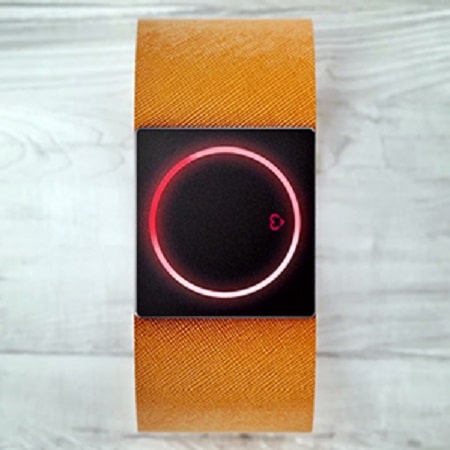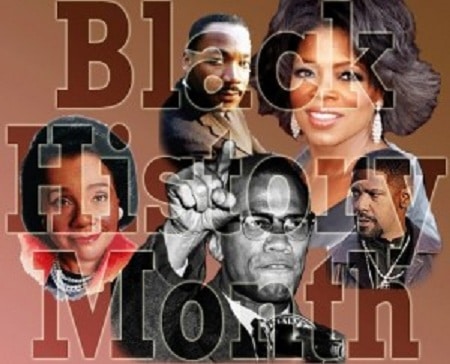Source: IGN
Casting Jason Momoa as Aquaman Renewed Excitement for DC Franchise
All respect to the Pacific’s favorite son, Aquaman, and I don’t mean that to be facetious. Yes, Aquaman was the butt of a lot of water-based jokes for a long time, but the character has had a recent resurgence of respectability and, frankly, awesomeness. The I-Guess-We’re-Not-Calling-It-The-DC-New-52 has produced a lot of groan-worthy, controversial and just flat-out not-great books, but one really good thing that came out of it was Geoff Johns writing Arthur Curry back to relevance. Johns has since left the book with a few writers following him, but the Aquaman comic has continued to be of good quality since.
Even while Arthur Curry continued to be a straight white male (OK, fine male Aquarian) superhero in the newest iteration, like the vast majority of comic book heroes from the major publishers, it never raised any alarm bells for me. I mean, this was Aquaman, fam. Dude just got back into the big leagues, I had other diversity battles to fight. Then came the news that Aquaman was not going to be the movie star version of a lean and incredibly handsome white heartthrob who loves the ocean (Lord knows we’ve got enough of those running around Hollywood). Instead we got Jason Momoa, who 14 people might know from playing Conan, but you probably know him from ripping a dude’s throat out as Khal Drogo on Game of Thrones. Or as Daenery’s husband. Surely one of those. At any rate, my first reaction that he was being cast as Aquaman was in the neighborhood of … “Oh.”
Fast forward to the first poster dropping and the Internet losing its collective mind over it. All respect to Kim Kar … I’m lying, I don’t really care, but Jason Momoa’s first poster as Aquaman kind of broke the (nerd) Internet that day. And you know what? It should have. It’s amazing. It also made me realize something — he kind of looks exactly like Aquaman SHOULD look. I mean, we’re talking about DC’s King of the Seven Seas, what is the likelihood that THAT DUDE would be a white guy from Maine? Nah, give me the Polynesian God who fell straight from Olympus and landed in an audition for some role across the Narrow Sea. All of a sudden, because Jason Momoa is in these panel streets lookin’ like Poseidon, let alone King of the Seven, he has instantly become DC’s most intriguing movie character and development (though Michelle McLaren directing Wonder Woman is still a hell of a draw for me).
Read more from William Evans at Black Nerd Problems
This Innovative Technology Will Make Sure You’ll Never Kill Another Plant in Your Home Again
Parrot’s Pot and H2O are two new wireless sensors that track your plants’ health and let you water them remotely.
Source: The Verge
Watch How M-Pesa Is Using Tech to Completely Change the Way People Are Doing Business in Africa
How is a Third World tech country paving the way when it comes to the future of mobile banking? Ninety percent of Kenyans use their phones to access the Internet, and M-Pesa is bringing mobile banking to the nation. Bloomberg’s Jon Erlichman explains.
Source: Bloomberg Business
6 Ways To Create A Better Environment For Your Kids To Thrive
Since discovering the Black Girl Nerds community, I have learned that many of us have the same story. Growing up, my interests differed from other girls in the Southern, all-Black neighborhood where I grew up. I liked science, rock music and ’80s movies. I read “Sweet Valley High” books and watched professional wrestling. I felt different. As I got older, I lived with a deep sense of not belonging. In my “advanced” and AP classes, sometimes I was “the only” Black girl, which carries its own weight. All in all, I didn’t know where I fit or if I fit anywhere. But I survived those difficult years.
I am a parent now, and I often think about my parenting style. I wonder if I am creating a space where my little one can thrive and grow into the girl she really is — nerd or not. As I pondered this, it became really clear that she will have a fundamentally different childhood than I had. Some of the reasons are a result of more resources; others are differences in my own views on parenting that differ from my family of origin.
There are many ways that my daughter’s experiences and mine are different, but here are six ways our childhoods are worlds apart:
Access to Technology
When I think back to my own childhood, I used my first computer in sixth grade. It was an Apple with a black screen and green typeset. I didn’t even own my first computer until graduate school. The fact that I can get online at any time is mind-boggling. Now, my little one will grow up surrounded by technology in our home, which will positively influence her learning experience.
Diverse TV Programming
I limit TV options to diverse characters whenever possible. Options for kids are more diverse than those from my childhood, although there is significant room for improvement. In our home, we like Doc McStuffins, Mickey Mouse and Dora the Explorer. These are good characters, but I believe my childhood favorites were more interesting, more engaging. I watched “The Smurfs,” “Thundercats,” “Hall of Justice,” “GI Joe” and “Jem and the Holograms.” Almost no diversity, but I remember being intrigued by the characters.
Bill Gates Details How the Internet Will Revolutionize Education by 2030
Bill Gates believes that by 2030, online courses can bring wildly better education to anyone with a smartphone or tablet. As our February guest editor, he narrates this episode of the Big Future to explain how it works — and why it could actually increase inequity if the gender gap is not addressed.
Source: The Verge
Blerd Marques Brownlee Details Everything You Need to Know About 4K Displays
4K TV, YouTube and Cameras in early 2015!
Source: Marques Brownlee
SkyTran’s Levitating Pods Look Like Something From the Future, But They Could Be a Reality Very Soon
A magnetically powered, levitating system of transportation is slated to become a reality in Tel Aviv, Israel. Basically, the air vehicles are two-seater pods will that take travelers directly to their intended destination.
Source: GeoBeats News
This New Smart Watch Was Designed to Do Much More Than Just Tell Time — It Can Save Lives, Too
The first medical-quality wearable to help measure stress, epileptic seizures, activity and sleep.
Source: Future Ideas & Technology
The Importance of Knowing How and Why Black History Matters
Before this year, I didn’t like celebrating Black History Month. While I was grateful for the contributions of the Black people who came before me, I didn’t like celebrating Black History Month because I felt like Black history didn’t matter today.
This dislike for Black History Month didn’t come overnight. It started in high school, where I kept hearing and seeing the same old faces being taught. In high school, we had Black History Month assemblies in the gym each year. At first, these were entertaining. By my junior year, I had gotten bored by them. During my senior year, I didn’t go at all.
Another reason I came to dislike Black History Month is because I didn’t see the past contributions of Black people being reflected anywhere in the mainstream media. In fall 2010, I was doing research on the history of rock music for a college paper and was surprised to discover that Black musicians like Chuck Berry and Little Richard had pioneered rock ‘n’ roll.
When I discovered this, I had mixed emotions. On one hand, I was excited to hear Chuck Berry’s music and see old live performances clips on YouTube. On the other hand, I was upset that I hadn’t learned about Black people inventing rock ‘n’ roll in grade school. I was also disappointed because I thought that there weren’t any Black rock musicians today.
Last year, I realized that there were current Black musicians in rock as well as every other genre besides hip-hop, pop, and R&B. Using the site Afropunk to do further research, I discovered hundreds of bands and musicians like Skunk Anansie, Gary Clark Jr., Marian Mereba and more. All these musicians were either independent musicians or not widely known.
At the same time, I was digging deeper into the past and discovering other musicians not in any school textbook. Some examples included Sister Rosetta Tharpe, Nina Simone and Betty Davis. Soon I was able to make connections about who influenced who today and gain an immense appreciation for Black musicians in almost every genre.
In addition to the music, I also discovered Black speculative fiction, a literary genre that comprises Black authors of fantasy, sci-fi, and horror. According to an I09 article, Black speculative fiction has been around since the 19th century. Some current Black speculative fiction authors I have read include Balogun Ojetade, Tananarive Due and N.K. Jemisin.
Read more by Latonya Pennington at Black Girl Nerds

